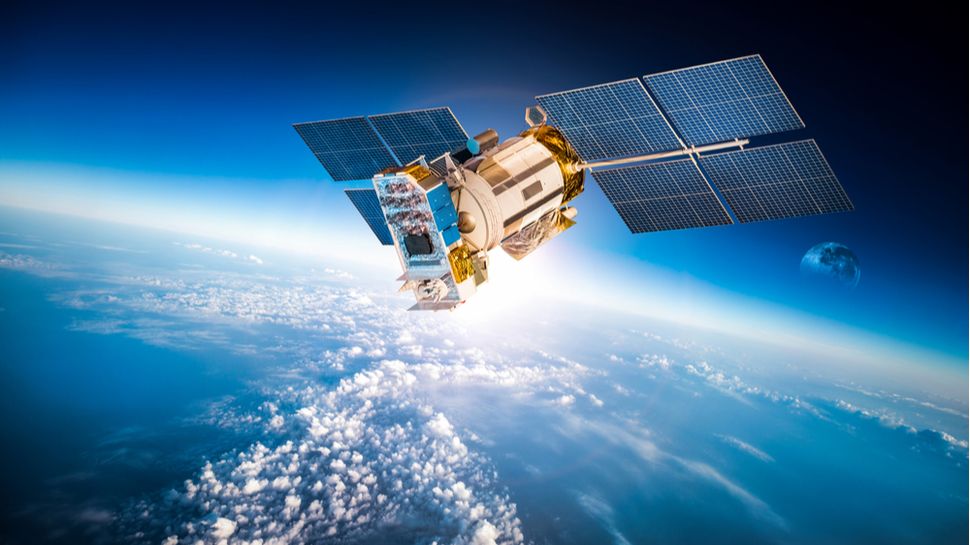
The UK’s Competition and Markets Authority (CMA) fears the proposed $7.3 billion merger between Viasat and Inmarsat could lead to higher prices for poorer quality in-flight Wi-Fi.
The initial findings of an investigation (opens in new tab) by the watchdog concluded the deal would combine the two biggest suppliers in a market with few other alternatives.
While several companies, including Starlink and OneWeb are targeting the aviation market with their low earth orbit (LEO) satellite technology, it will take time for these companies to be significant players.
Satellite connectivity
Given the difficulty in switching providers once equipment has been installed, the CMA is concerned that the merged company would be able to effectively lock in a large part of the market before a potential challenger would be able to compete.
“This is an evolving market, but the merging companies are currently 2 of the key players – and it remains uncertain whether the next generation of satellite operators will be able to compete against them effectively,” said Colin Raftery, senior director at the CMA.
“Ultimately, airlines could be faced with a worse deal because of this merger, which could have knock-on effects for UK consumers as in-flight connectivity becomes more widespread.”
Both parties now have five working days to submit proposals that would address the CMA’s concerns, after which the CMA has the same mount of time to accept any offer or refer the case for a ‘Phase 2’ investigation.
The chief executives of both companies have denied that the merger would be anti-competitive and have said they hope Phase 2 will allow the deal to proceed.
“There is great interest in ubiquitous, high-performance, affordable [in-flight Wi-Fi], so the CMA’s decision to proceed to a Phase 2 review is not unexpected,” said Mark Dankberg, CEO of Viasat. “We intend to work closely with the CMA to show that our transaction will benefit customers by improving efficiencies, lowering costs, and increasing IFC availability around the world—and to reach a satisfactory conclusion in Phase 2.”
“There is no lack of competition in satellite connectivity for the aviation sector,” added Rajeev Suri, Inmarsat CEO. “Strong players are already offering in-flight connectivity and the new LEO players —which already operate over half the satellite broadband capacity available globally—are aggressively and successfully targeting aviation. We expect competition to be robust in the years ahead and, together, Viasat and Inmarsat will be well-placed to invest in the technologies needed to meet the growing needs of aviation customers and compete with the LEOs and others.”
Inmarsat and Viasat first announced plans to merge last November and hoped the transaction would concluded by the middle of this year. Another UK-based satellite firm, OneWeb, is also in the process of merging with a foreign-based firm, Eutelsat.
